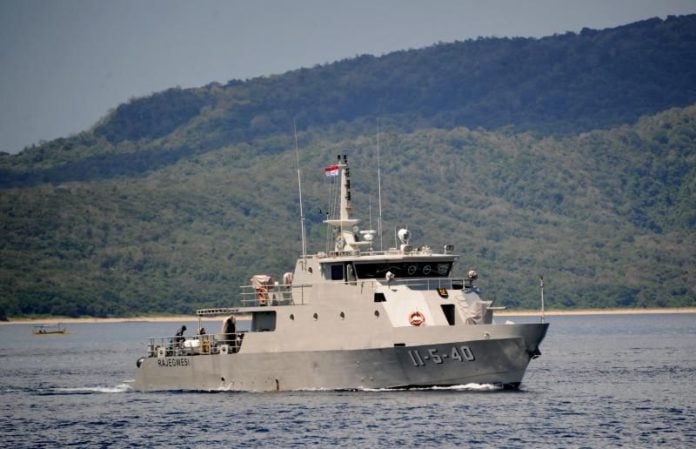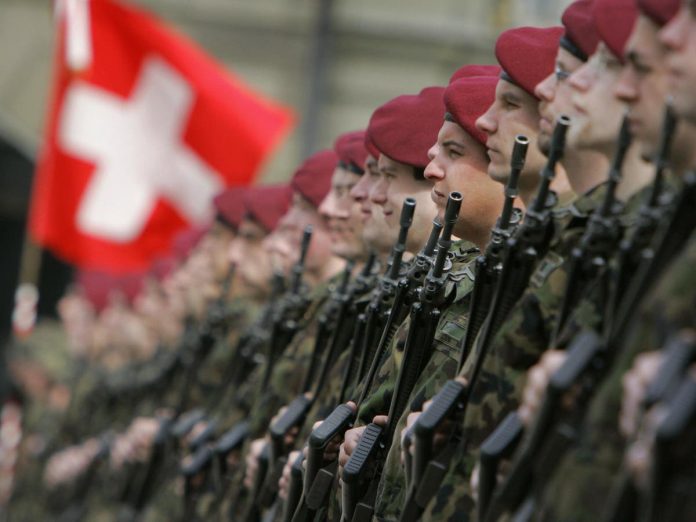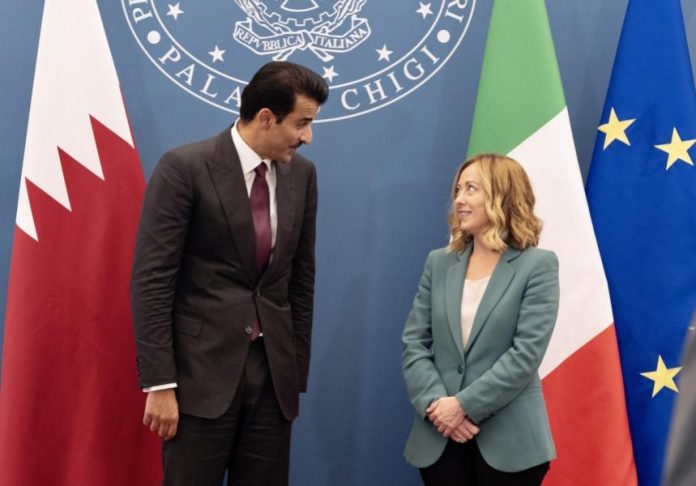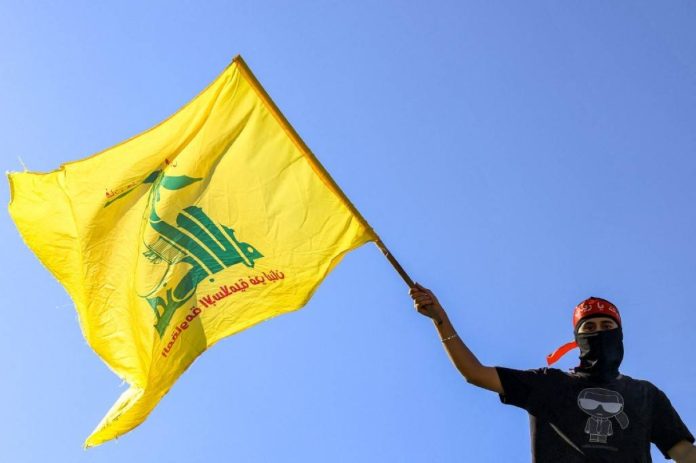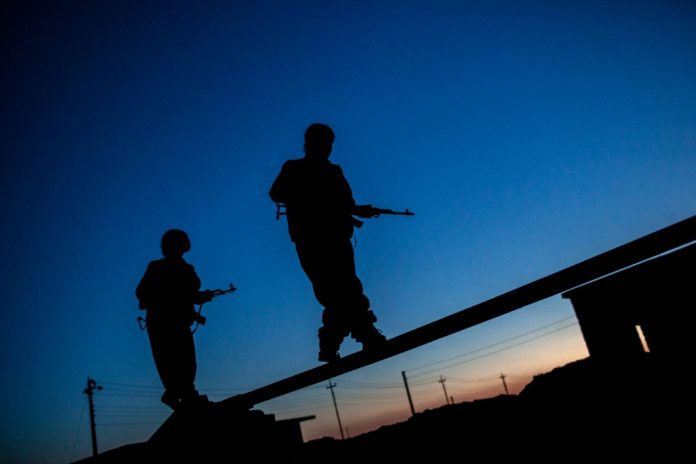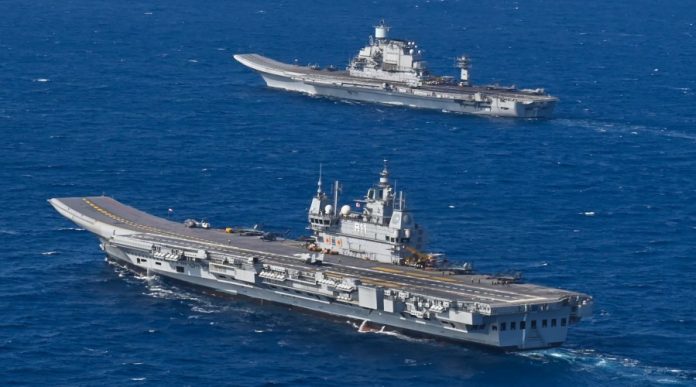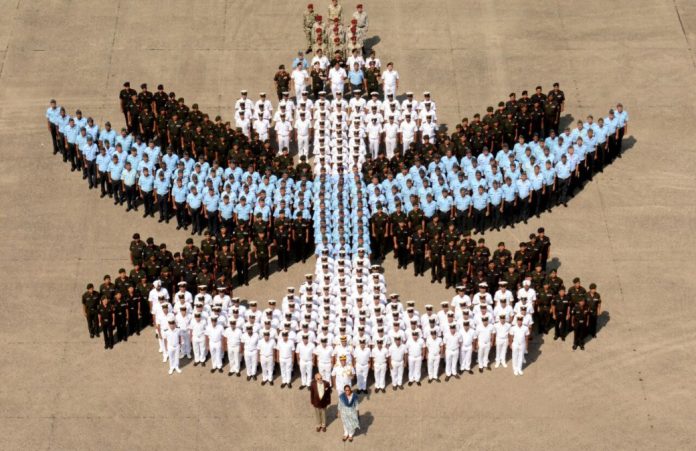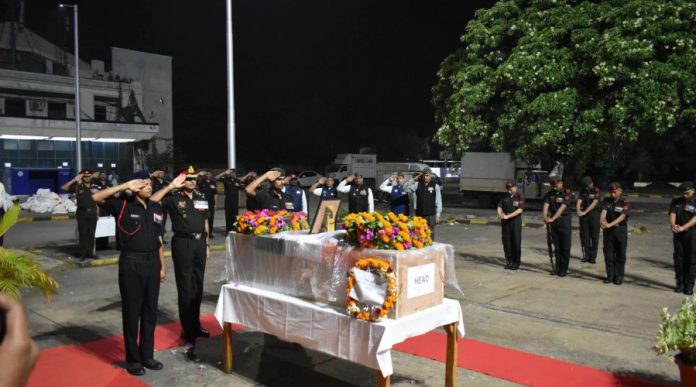Bomb Threats Disrupt Over 70 Flights Across Indian Airlines
In a concerning development, more than 70 flights operated by various Indian airlines received bomb threats on Thursday. Sources indicate that Air India, Vistara, and IndiGo each reported around 20 flight threats, while Akasa Air faced threats on approximately 14 flights.
This alarming trend has persisted over the last 11 days, with nearly 250 flights operated by Indian carriers being affected by similar threats. An Akasa Air spokesperson confirmed that several of its flights scheduled for October 24 had received security alerts.
"The Akasa Air Emergency Response teams are monitoring the situation and are in touch with the security and regulatory authorities," the spokesperson stated. "We are following all safety and security procedures in coordination with local authorities."
In response to these ongoing threats, Civil Aviation Minister K Rammohan Naidu announced earlier this week that the government is considering legislative measures to address the issue. These measures may include placing individuals responsible for such threats on a no-fly list, as authorities prioritize passenger safety and security in light of these serious incidents.
The situation remains under close scrutiny as airlines and government officials work together to ensure the safety of air travel in India.


